10 things you can DO on International Women’s Day
Here are 10 things you can DO on International Women’s Day and every single day after that, to help create a world that is equal. Each action comes with a statistic and reading material.
1. Understand intersectionality
Intersectionality is about recognising that there are different kinds of women. And it’s integral to understand this because we will make more noise and have a bigger impact together. There is no one-size-fits-all type of feminism. For example, a black woman faces both racism and sexism as she navigates around everyday life.
The statistic: If the pace of change in the annual earnings ratio were to continue at the same rate as it has since 1984, it would take until 2059 for women and men to reach earnings parity, and substantially longer for women of colour. Black women’s median annual earnings would reach parity with White men’s in 2119, and Hispanic women’s in 2224.
What to read first: Kimberlé Crenshaw
2. Recognise your privilege
Sian Ferguson provided a basic definition of privilege: “a set of unearned benefits given to people who fit into a specific social group.”
Most of you are privileged; education, time, insight, clarity of thought or access to technology. This means on the days you feel strong you should do everything you can to advocate and champion women in the world who have no voice, no twitter account and no iPhone.
The statistic: Just 7% of British people are privately educated, yet 39% of people in top positions are privately educated
What to read first: Maisha Z. Johnson
3. Understand white privilege
Ask yourself these questions “What are the ways I have benefited from being white?” and consider how you are a part of white supremacy (as all white people are) by asking “In what ways do I support and uphold a system that is structurally racist?”
The statistic: Only 31% of businesses see ethnic diversity as important to their success, and just 11% have specific policies or initiatives in place to improve it.
What to read first: Layla Afsaad
4. Talk about money
How can you advocate for yourself in a salary negotiation, or talk about mortgages with the bank if you can’t even chat to your friend about what you earn, spend or save? We need to get comfortable talking about money so we can have more control over it.
The statistic: The gender gap in UK retirement incomes has widened dramatically over the last decade, with the average single woman now £85 a week behind her male counterpart.
What to read: Forget talking about our sex lives. The modern woman is talking about money.
5. Pay women well
As Cindy Gallop says, instead of using words like empower and inspire, use words like pay and hire. Pay women, promote them, hire them and then pay them some more.
The statistic: Gender pay gap figures show 8 in 10 UK firms pay men more than women
What to read: The boss who put everyone on £70k
6. Read, listen and cite diversely
You are not well-read if all the books you read are written by white people. Seek out authors, artists and musicians who don’t look and sound like you (and then go back to number 5)
The statistic: According to a recent survey in the USA, 76 per cent of publishing staff, review journal staff, and literary agents are white.
What to read: 25 Books from Contemporary Black Authors
7. Be visible
In the words of Kathy Burke, fuck being humble. Good work does not speak for itself. There is a range of cultural, social and gender-related barriers to being visible but the benefits are vast.
The statistic: It has been estimated that nearly 70% of individuals will experience signs and symptoms of impostor phenomenon at least once in their life.
What to read: My interview series on Professional Visibility
8. Be an ally
An ally is someone who is not a member of an underrepresented group but who takes intentional action to support that group. It’s up to people who hold positions of privilege to take responsibility for making changes that will help others be successful. Active allies find ways to make their privilege work for others.
The statistic: A study from George Washington University found that men interrupted 33 per cent more often when they spoke with women than when they spoke with other men.
What to read: Better Allies newsletter
9. Nap
You cannot do anything worthwhile if you are tired.
10. Be UPFRONT
I’m building a community that is changing confidence, public speaking and visibility for women. Join me by signing up for our newsletter
(Image from Cloudy Thurstag)
